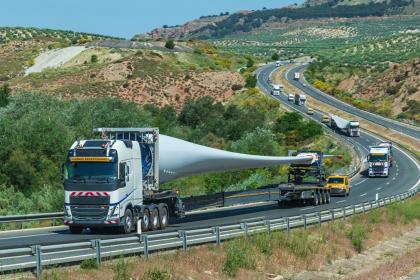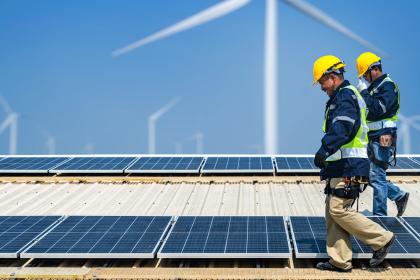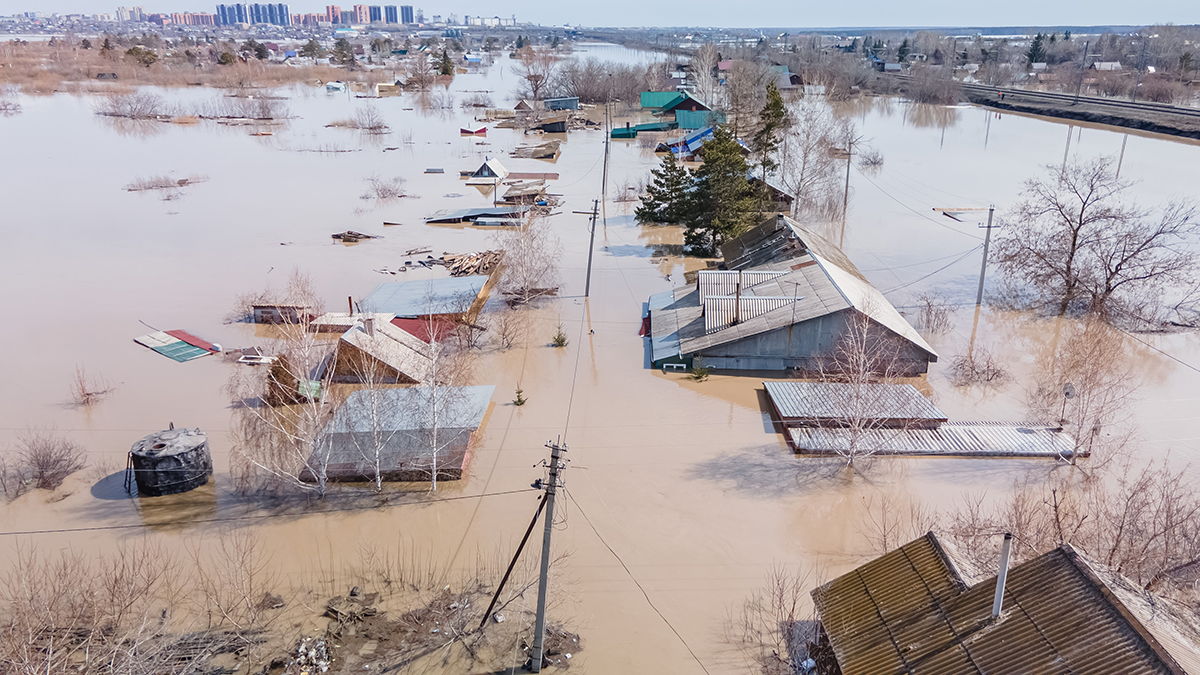Delivering sustainable development strategies will not succeed without scaling-up climate financing. Even by conservative estimates, annual financing for climate goals is orders of magnitude too low. According to UNFCCC analysis, delivering less than half of developing countries’ NDCs will cumulatively amount to around $6 trillion by 2030.[1]
At the same time, advanced economies have not met their collective goal to deliver $100 billion in annual climate financing and have consistently failed to meet their 0.7 per cent ODA target. Bilateral financing has significantly slowed, while private finance mobilization has severely underperformed when compared to past predictions. Moreover, 71% of bilateral climate finance comes in the forms of loans, and adaptation finance – critical to support climate-resilient development – is chronically under-resourced, proving short-sighted as costs mount.
Before the pandemic, UNCTAD estimated that delivering both climate and development goals demanded closer to $2.5 trillion of annual financing. The subsequent failure to meet this figure and the effects of multiple and compounding economic shocks will have likely pushed this number higher; and with 60% of LICs and 30% of EMs in or on the edge of debt distress the space to mobilise domestic resources has diminished further.[2] The paucity of affordable climate and development finance, increasingly unsustainable external debt burdens and rising climate impacts are forming a vicious cycle of perpetual vulnerability and economic stagnation (or worse still, regression) in many developing countries. Undertaking the significant investments in mitigation and adaptation to achieve climate-resilient structural transformation will require many developing countries to take on more debt, but this is neither realistic nor desirable under current financing arrangements.
Parties to the Paris Agreement will negotiate a New Collective Quantified Goal (NCQG) for climate finance after 2025. For a new goal to make a meaningful difference, a radical enhancement is needed in the scale, scope and nature of financing with a much-increased public component. Furthermore, the COP27 outcome text highlighted that tackling climate change will require a transformation of the financial system and its structures and processes. Underpinning the successful delivery of adequate financing is thus an enabling multilateralism, equipped with the governance and institutional norms, practices and regulations necessary to respond to contemporary challenges and drive climate-resilient development.
Objective of the Project
To prioritize climate-resilient development goals, ensuring developing countries have access to the financial resources they need, including to adapt to the impacts of climate change. This includes consideration of the reform necessary in global economic governance to ensure that macroeconomic policy, development finance, and regional and global economic coordination are aligned with the goals of the Paris Agreement and the SDGs, supporting just transitions to a low-carbon, climate-resilient future.
Activities
The activities will focus on developing new analytical tools, building developing country capacities and consensus around the nexus of economic and climate issues, and influencing key stakeholders and constituencies on the exigencies of an adequate financing strategy. In particular: (1) New economic analysis of global climate financing needs; (2) Capacity building; (3) Outreach activities with different audiences to promote new research findings and policy recommendations.
Intended Outcomes
Through solid research and outreach, UNCTAD aims to help build a consensus around a NCQG for climate finance that can reflect the real needs of developing countries and that can be achieved alongside a climate and development retrofit for the global financial architecture and economic cooperation more broadly. This includes consideration of Article 2.1c of the Paris Agreement which commits Parties to make “finance flows consistent with a pathway towards low greenhouse gas emissions and climate-resilient development”.
Link to the SDGs
Whereas UNCTAD and relevant stakeholders are committed to contribute to the development of all, the focus will be on SDG 13 (climate action), 17 (partnerships for the goal), 8 (decent work and economic growth), 9 (industrial, innovation and infrastructure) and 10 (reduced inequalities).
[1] https://unfccc.int/topics/climate-finance/workstreams/needs-report
[2] https://www.imf.org/en/News/Articles/2022/07/16/pr22261-md-g20-statement







